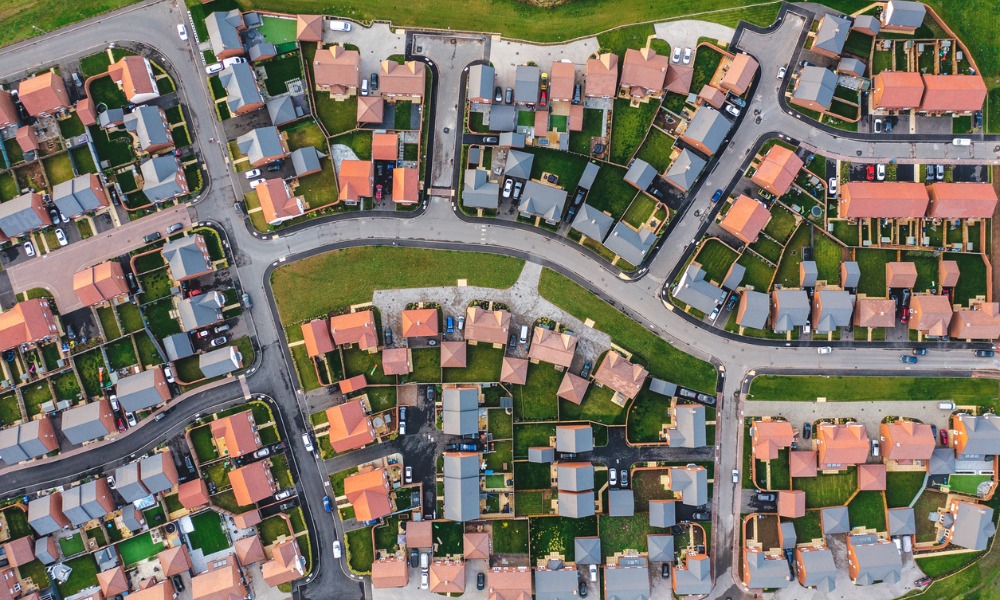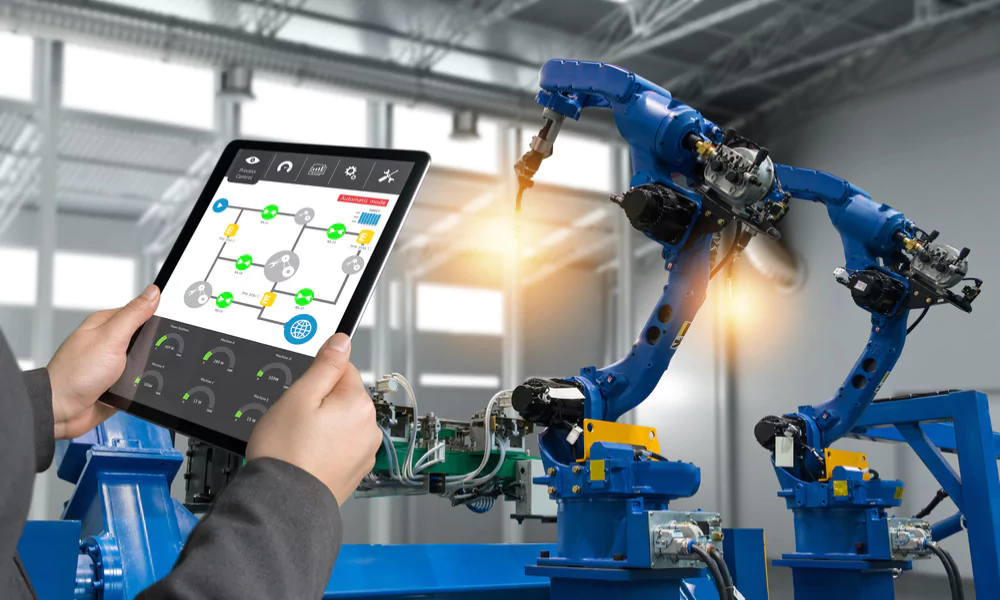
Embracing Sustainability: The Power of Zero-Waste Cleaning Practices
Zero-waste cleaning practices are gaining traction as individuals seek eco-friendly alternatives for maintaining a clean and healthy home environment. This article explores the significance of zero-waste cleaning and provides insights into adopting sustainable practices for a greener lifestyle.
*1. Introduction to Zero-Waste Cleaning Practices
Zero-waste cleaning practices focus on minimizing environmental impact by reducing waste generated during the cleaning process. This approach aligns with the broader goal of sustainable living and contributes to a healthier planet.
*2. Eco-Friendly Cleaning Products and Alternatives
One key aspect of zero-waste cleaning is the use of eco-friendly cleaning products. Biodegradable, non-toxic, and refillable cleaning solutions help eliminate the need for single-use plastic containers, reducing overall waste. Additionally, exploring DIY cleaning alternatives using simple, natural ingredients can further enhance sustainability.
Zero-Waste Cleaning Practices for a Cleaner Future at CastleManager.net
For those interested in transitioning to zero-waste cleaning practices, CastleManager.net offers a range of eco-friendly home solutions. Discover sustainable living by visiting CastleManager.net.
*3. Reusable Cleaning Tools and Materials
Embracing zero-waste practices extends to the use of reusable cleaning tools. Opting for washable and durable materials, such as microfiber cloths and mop heads, reduces the reliance on disposable cleaning wipes and paper towels. This simple switch significantly reduces waste generation.
*4. Bulk Buying and Package-Free Options
Zero-waste cleaning encourages bulk buying of cleaning supplies and choosing package-free options. Purchasing in bulk minimizes packaging waste, and selecting package-free alternatives, such as bar soaps or refill stations, further contributes to a reduction in single-use plastic consumption.
*5. Composting Kitchen Scraps and Natural Disinfectants
Composting kitchen scraps is a sustainable practice that aligns with zero-waste cleaning. Instead of discarding organic waste, create nutrient-rich compost for gardening. Additionally, incorporating natural disinfectants like vinegar and baking soda not only cleans effectively but also avoids the environmental impact of harsh chemical cleaners.
*6. Mindful Water Consumption
Zero-waste cleaning practices extend beyond product choices to mindful water consumption. Use water efficiently, avoid excessive runoff, and consider collecting rainwater for cleaning purposes. These practices minimize water waste and contribute to overall sustainability.
*7. Upcycling and Repurposing Household Items
Embrace creativity in zero-waste cleaning by upcycling and repurposing household items. Old t-shirts can become cleaning rags, and glass jars can serve as storage containers for DIY cleaning solutions. This approach reduces the need for new materials and breathes new life into existing ones.
*8. Educating and Inspiring Others
As advocates for zero-waste cleaning, individuals can play a crucial role in inspiring others to adopt sustainable practices. Share insights, tips, and success stories within your community to create a ripple effect of positive change towards a greener and cleaner future.
*9. Community Recycling and Clean-Up Initiatives
Engaging in community recycling programs and clean-up initiatives aligns with the ethos of zero-waste living. Participating in or organizing local events fosters a sense of collective responsibility and strengthens the impact of sustainable practices on a larger scale.
*10. Conclusion: A Cleaner Home, A Healthier Planet
In conclusion, zero-waste cleaning practices empower individuals to make conscious choices that benefit both their homes and the environment. By adopting eco-friendly products, reusables, and mindful practices, we contribute to a cleaner home and a healthier planet. Embracing zero-waste cleaning is not just a lifestyle choice; it’s a commitment to a sustainable and responsible way of living.













